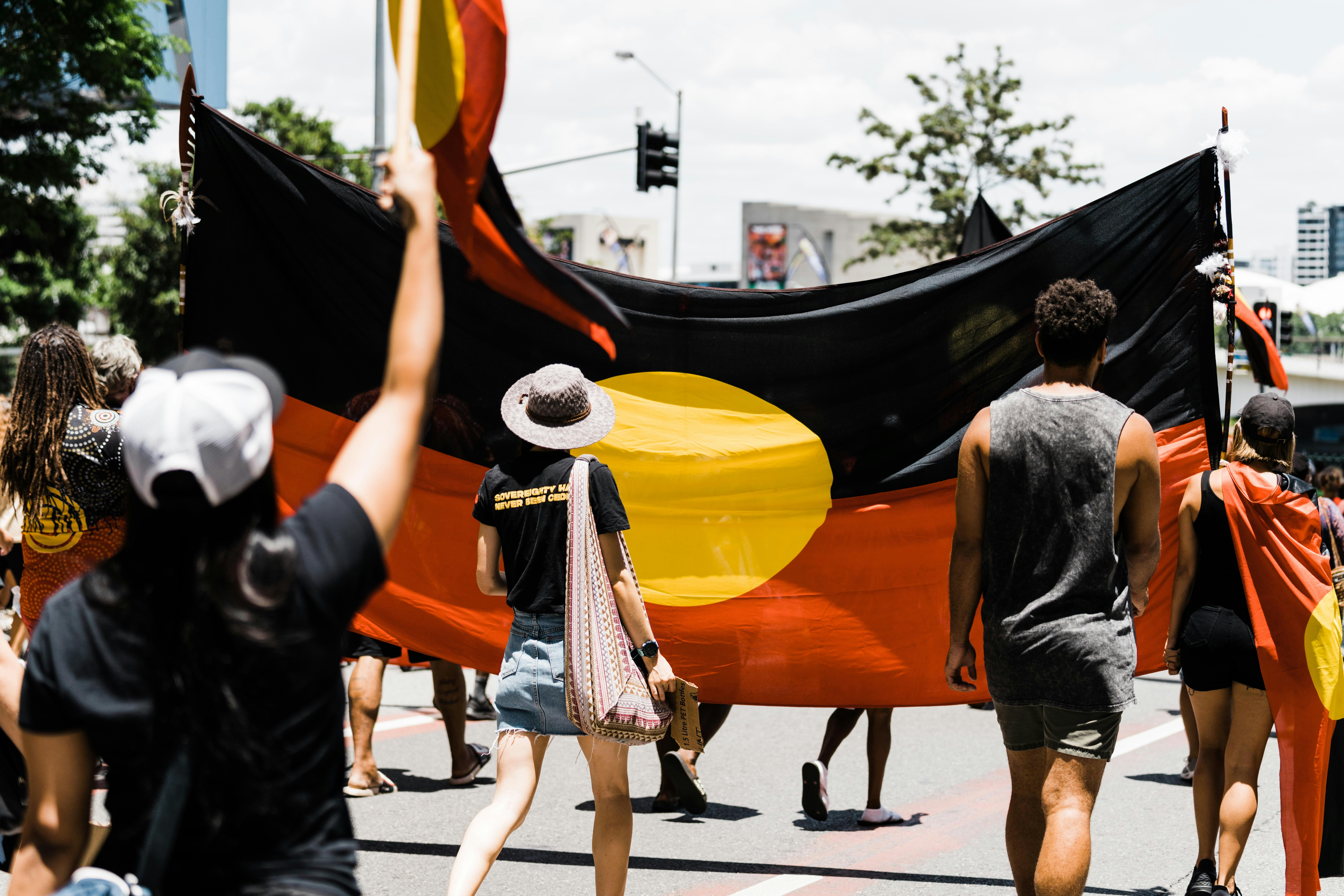Expert Reaction
These comments have been collated by the Science Media Centre to provide a variety of expert perspectives on this issue. Feel free to use these quotes in your stories. Views expressed are the personal opinions of the experts named. They do not represent the views of the SMC or any other organisation unless specifically stated.
Professor Michael Fletcher is Director of Research Capability at the Indigenous Knowledge Institute at The University of Melbourne
The formalisation of Victoria’s Treaty represents a structural shift in how Australia approaches Indigenous wellbeing, science and knowledge. Treaties provide a stable platform for Indigenous authority and decision-making, which is one of the strongest predictors of improved health and mental health outcomes. When people regain control over the systems that shape their lives, you see measurable gains in wellbeing, resilience and community cohesion.
From a scientific perspective, Treaty also matters because it creates the conditions for Indigenous Knowledge to sit alongside Western science as an equal partner rather than as an afterthought. This strengthens the quality of environmental, health and land-management decisions. We know from decades of research that Indigenous Knowledge carries long time-depth, regional specificity and a focus on relationships between people and Country that are missing from many technical approaches.
Treaty is not symbolic. It is a structural intervention that changes how evidence is produced, interpreted and used. For science-related issues, the key effect is that Indigenous people will have formalised authority to shape the policies and research programs that impact their lands, waters and communities. That shift has been needed for a long time.
Professor Kelly Menzel is Director of the Aboriginal and Torres Strait Islander Initiative at the Burnet Institute
"Today marks a historic and deeply hopeful moment with Australia signing and formalising its first-ever Treaty, the Statewide Treaty Act 2025, with Aboriginal Peoples and communities in Victoria.
This milestone establishes a new and binding agreement that embeds truth-telling, shared decision-making, and structural reform that recognises Aboriginal sovereignty and advancing genuine self-determination.
As we celebrate this significant step forward, it’s also a moment to reflect. Treaty is not an endpoint, it is a beginning. It calls each of us to action and to responsibility, and a deeper commitment to reconciliation — one that is not symbolic, but structural, lived, and led by First Peoples.
This aligns closely with the work we are progressing at Burnet. Through our Indigenisation Framework, we are creating the conditions for cultural safety, justice, and shared transformation. We continue to centre Indigenous leadership in our governance, build culturally safe spaces for truth-telling through Yarning Circles and collective art, develop pathways for Indigenous researchers and community partnerships, and strengthen trauma-informed, culturally grounded approaches across our public health work.
We are building an environment where reconciliation is lived through daily practice, not just policy. Treaty reinforces this shared purpose."
Dr Lynne Kelly AM is from the La Trobe University Humanities & Social Sciences School
"The Treaty offers benefits to all Victorians, not just Aboriginal people. Respecting Aboriginal cultures allows those of us not brought up in Indigenous traditions to gain a great deal by learning through Indigenous collaborations.
To recall vast amounts of valuable information without relying on writing, Indigenous cultures globally use a suite of techniques which reflect the way the human brain has evolved, most of which have been sidelined as societies increased their reliance on writing. Aboriginal Australians embed their knowledge in Songlines, a very sophisticated form of memory palace. Stories enacted by vivid characters encode a staggering amount of information including a vast knowledge of plants, animals, seasons, astronomy, geology, where to find waterholes or the best stone, ethical considerations, responsibilities, spiritual beliefs and so much more.
Recall is optimised when integrated with songs, dance and art. There are memory methods built into the cultures which achieve what seems inconceivable: accuracy of the information over many millennia.
Collaboration between Aboriginal experts and Western scientists is already providing huge benefits across many disciplines. My research shows that practising the memory technologies of First Nations people can greatly enhance what we already do in education and lifelong learning."
Professor Mark L Wahlqvist AO is Emeritus Professor and Head of Medicine at Monash University and Monash Medical Centre. He is also Past President of the International Union of Nutritional Sciences
"The Treaty with Indigenous Victorian Australians now in place is monumental for all our health, well-being and future, our sense of our socioecological selves, and the sustainability of our land and livelihoods."



 Australia; VIC; QLD
Australia; VIC; QLD


